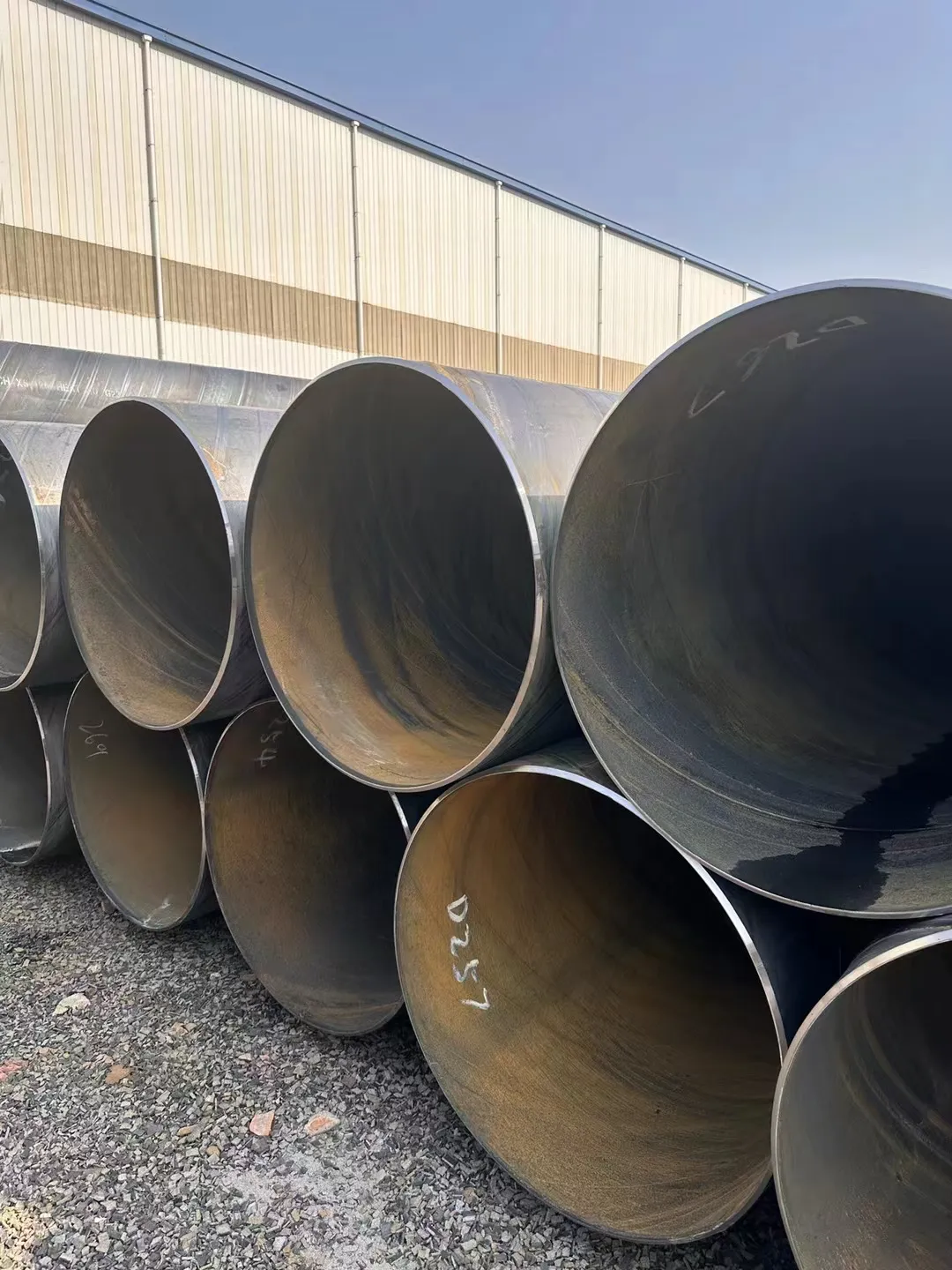-
Cangzhou Yulong Steel Co., Ltd.
-
Phone:
+86 13303177267 -
Email:
admin@ylsteelfittings.com
- English
- Arabic
- Italian
- Spanish
- Portuguese
- German
- kazakh
- Persian
- Greek
- French
- Russian
- Polish
- Thai
- Indonesian
- Vietnamese
- Zulu
- Korean
- Uzbek
- Hindi
- Serbian
- Malay
- Ukrainian
- Gujarati
- Haitian Creole
- hausa
- hawaiian
- Hebrew
- Miao
- Hungarian
- Icelandic
- igbo
- irish
- Japanese
- Javanese
- Kannada
- Khmer
- Rwandese
- Afrikaans
- Albanian
- Amharic
- Armenian
- Azerbaijani
- Basque
- Belarusian
- Bengali
- Bosnian
- Bulgarian
- Catalan
- Cebuano
- China
- China (Taiwan)
- Corsican
- Croatian
- Czech
- Danish
- Esperanto
- Estonian
- Finnish
- Frisian
- Galician
- Georgian
- Kurdish
- Kyrgyz
- Lao
- Latin
- Latvian
- Lithuanian
- Luxembourgish
- Macedonian
- Malgashi
- Malayalam
- Maltese
- Maori
- Marathi
- Mongolian
- Myanmar
- Nepali
- Norwegian
- Norwegian
- Occitan
- Pashto
- Dutch
- Punjabi
- Romanian
- Samoan
- Scottish Gaelic
- Sesotho
- Shona
- Sindhi
- Sinhala
- Slovak
- Slovenian
- Somali
- Sundanese
- Swahili
- Swedish
- Tagalog
- Tajik
- Tamil
- Tatar
- Telugu
- Turkish
- Turkmen
- Urdu
- Uighur
- Welsh
- Bantu
- Yiddish
- Yoruba

Aug . 05, 2024 15:16 Back to list
Comprehensive Guide to Selecting Stainless Steel Socket Weld Fittings for Your Applications
Understanding Stainless Steel Socket Weld Fittings
Stainless steel socket weld fittings are essential components widely used in various piping applications across industries such as oil and gas, chemical processing, and water treatment. These fittings are designed to provide a robust and reliable connection between pipes and are particularly beneficial in high-pressure environments. Their strength, durability, and resistance to corrosion make them an ideal choice for critical applications.
What are Socket Weld Fittings?
Socket weld fittings are designed to be welded to the pipe through the socket, or the recessed area, at the end of the fitting. The fitting is typically placed over the pipe, and the weld is applied around the joint. This creates a strong bond that can withstand significant pressure and stresses. Socket weld fittings are commonly available in various shapes, including elbow, tee, reducer, and cap, allowing for versatile configurations in a piping system.
Benefits of Stainless Steel
Choosing stainless steel for socket weld fittings comes with several advantages. Here are some of the key benefits
1. Corrosion Resistance Stainless steel, specifically grades like 304 and 316, offers excellent resistance to rust and corrosion, making it suitable for environments exposed to moisture, chemicals, and high temperatures.
2. High Strength Stainless steel fittings can withstand high levels of pressure and are less likely to fail compared to their carbon steel counterparts. This is particularly important in industries where safety is paramount.
3. Temperature Resistance Stainless steel maintains its integrity and strength under high-temperature conditions, which is vital in many industrial applications.
5. Hygienic Properties In industries such as food processing and pharmaceuticals, stainless steel is favored due to its non-reactive nature and ease of cleaning, helping to maintain hygiene standards.
stainless steel socket weld fittings

Applications of Socket Weld Fittings
Stainless steel socket weld fittings are used in a variety of applications across different sectors. Some notable uses include
- Oil and Gas Industry They are employed in pipelines that transport oil, gas, and other petroleum products, ensuring tight seals that can handle extreme conditions.
- Chemical Processing In chemical plants, these fittings are utilized to connect various components of the system, allowing for the safe transfer of corrosive substances.
- Water Treatment Systems They are integral in municipal and industrial water systems, where reliability and resistance to corrosion are crucial.
- Power Generation Socket weld fittings are often found in power plants where steam and other high-pressure fluids are involved.
Installation and Maintenance
Installation of stainless steel socket weld fittings requires skilled labor to ensure that welds are performed correctly and that the joints meet industry standards. Proper welding techniques are critical to achieving a strong bond and preventing leaks.
Maintenance of these fittings is generally straightforward due to their resilience to corrosion and wear. Regular inspections are recommended to identify any signs of degradation, especially in harsh environments. If welds are found to be compromised, timely repairs are essential to uphold system integrity.
Conclusion
Stainless steel socket weld fittings are a vital component in many industries, providing secure and durable connections in high-pressure piping systems. Their benefits, including excellent corrosion resistance, high strength, and hygienic properties, make them the material of choice for many applications. Investing in quality fittings not only enhances safety but also ensures long-term reliability and efficiency in system operations. As industries continue to evolve, the importance of these fittings will only increase, underscoring their role in modern engineering and infrastructure.
Latest news
-
ANSI 150P SS304 SO FLANGE
NewsFeb.14,2025
-
ASTM A333GR6 STEEL PIPE
NewsJan.20,2025
-
ANSI B16.5 WELDING NECK FLANGE
NewsJan.15,2026
-
ANSI B16.5 SLIP-ON FLANGE
NewsApr.19,2024
-
SABS 1123 FLANGE
NewsJan.15,2025
-
DIN86044 PLATE FLANGE
NewsApr.19,2024
-
DIN2527 BLIND FLANGE
NewsApr.12,2024
-
JIS B2311 Butt-Welding Fittings LR/SR 45°/90° /180°Seamless/Weld
NewsApr.23,2024











